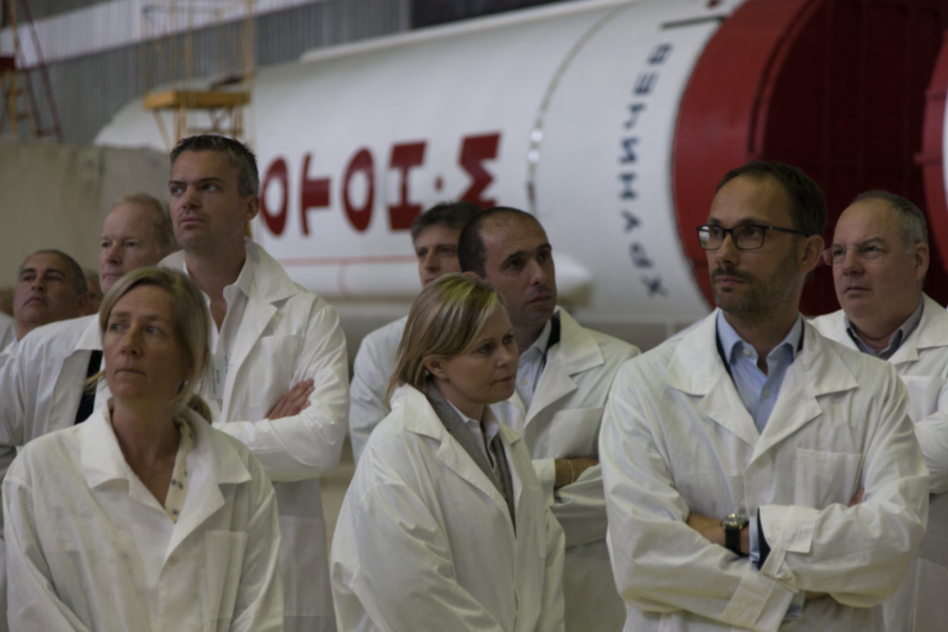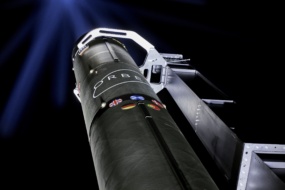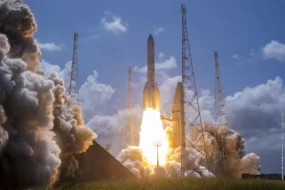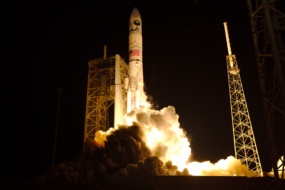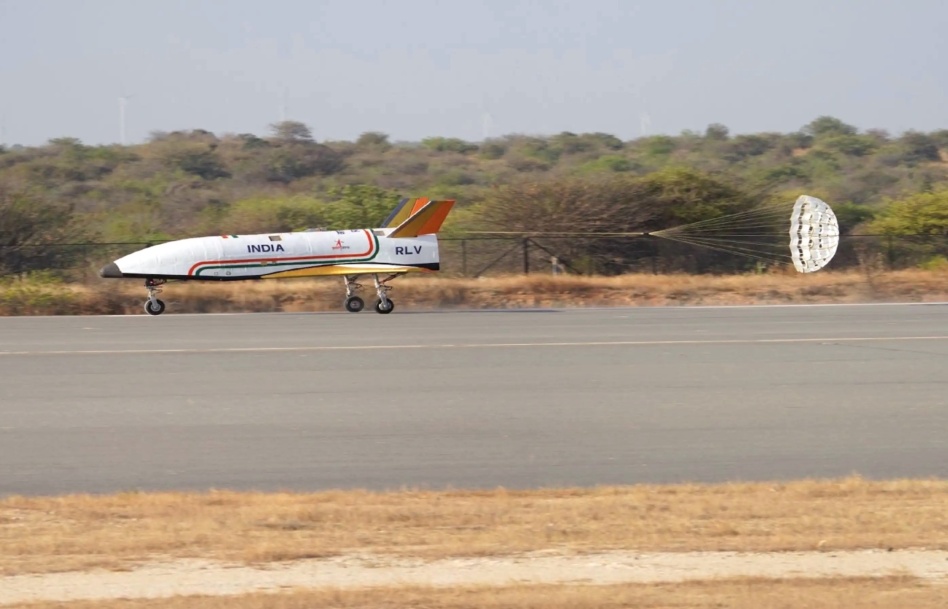EU sanctions imposed on Russia-owned rocket maker Khrunichev Center will not slow rocket production, but they will impact customer demand, center Chief Alexey Varochko said Monday in an interview with TASS.
On Feb 23, the EU passed its 10th round of sanctions on Russia, which included the rocket maker on the list of prohibited entities.
Russian rocket builders: The Khrunichev Center is a Russian-owned launch manufacturer responsible for building the heavy-lift Proton-M and Angara launch vehicles.
- While Russia’s Soyuz rocket focuses on transport to LEO, Proton-M and Angara are designed for heavier payloads and GEO bird deployments.
Supply: According to Varochko, Khrunichev builds its rockets without using any foreign components. The homegrown supply chain, developed through years of sanction pressures, will likely shield the company from manufacturing disruptions.
“Restrictions aimed at the international space activities of the Russian Federation began long before the tenth package of EU sanctions,” Varochko said. “The 10th EU sanctions package added the Khrunichev Center to the list of sanctioned companies, which basically did not change anything.”
Demand wanes: Khrunichev Center is feeling the sting of customers walking away from Russian launch contracts due to the recent sanctions.
“Probably, some of our foreign partners may be afraid of the emergence of so-called secondary sanctions from the EU countries because of business ties with us,” said Varochko.
One such example is South Korea, which pulled out of a contract with Moscow earlier this year after a years-long launch relationship. “Our plans to launch a multipurpose satellite with Russia have entirely gone awry,” South Korea’s Tae-Seog said.
+ More from the TASS interview: Varochko reiterated the wind-down of Proton-M production to prioritize the next-gen Angara rockets.
- Russia is developing a partially reusable Angara rocket, but there is no evidence of significant progress made on the project.
